Map out the way to your goals
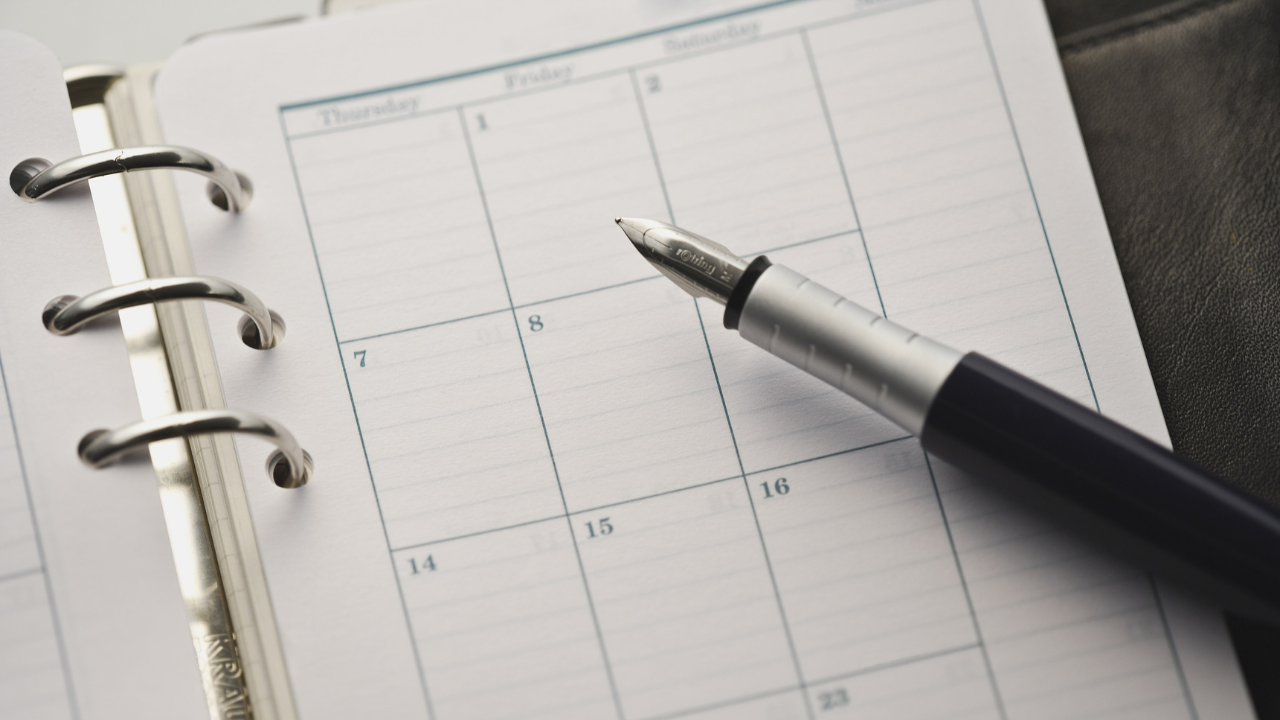
If you are like me, setting goals and targets is a great way to achieve musical progress. To help with this, in December, I purchased a Christmas present for me: a planner.
It might seem boring, but it's exactly what I need to get organised. I prefer paper and pen, so I can get in touch with the page and my thoughts more easily. Some prefer to use apps, and that is OK, too.
One thing I like about planners is that many have motivational statements on different pages. They remind me to keep going. Another is how their design makes it intuitive, easy and efficient to organise your thoughts.
Mine has a To-Do page for the month, which is great for listing the title of my monthly targets (e.g. MOT the car. Songs to learn for X gig). Then, there is a month at a view page, which helps me to allocate the tasks of my targets in the month (e.g. the day I will call the mechanic, the day I will practise a particular song). A month at a view also helps me to be more aware of how cluttered my li...
Millicent Stephenson is leaving Spotify
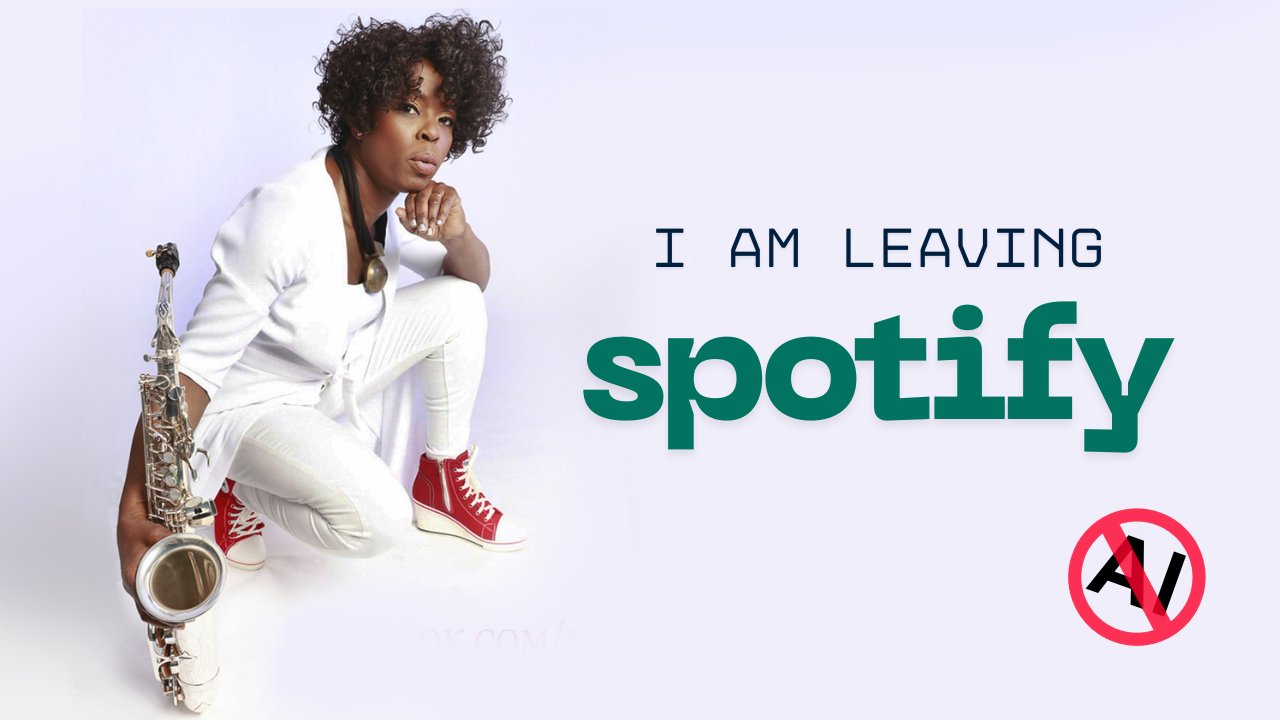
This is a reproduction of the statement posted on Millicent's main website on 20.12.25.
Whilst I am mainly a gigging musician, I have also written and produced music during my career. I have distributed my album Reflective Notes and my single Take Me To The King as physical copies, through the radio, and, as many other musicians, through streamings services, including Spotify.
As one of the largest providers of music streaming services in the world, Spotify was, for many years, the platform every musician wanted to grow in. Their reach is still enormous, yet there are several factors that have pushed me towards the decision of removing my music from it.
The main concern I have is the lack of regulation over music generated with artificial intelligence. In the last year, journalists and even casual listeners have uncovered that multiple “artists” verified by Spotify are not in fact human, but the result of using generative AI platforms like Suno or Udio. Said “artists” are boosted ...
Listen again to S1, E19-21 of the podcast Success Beyond The Score
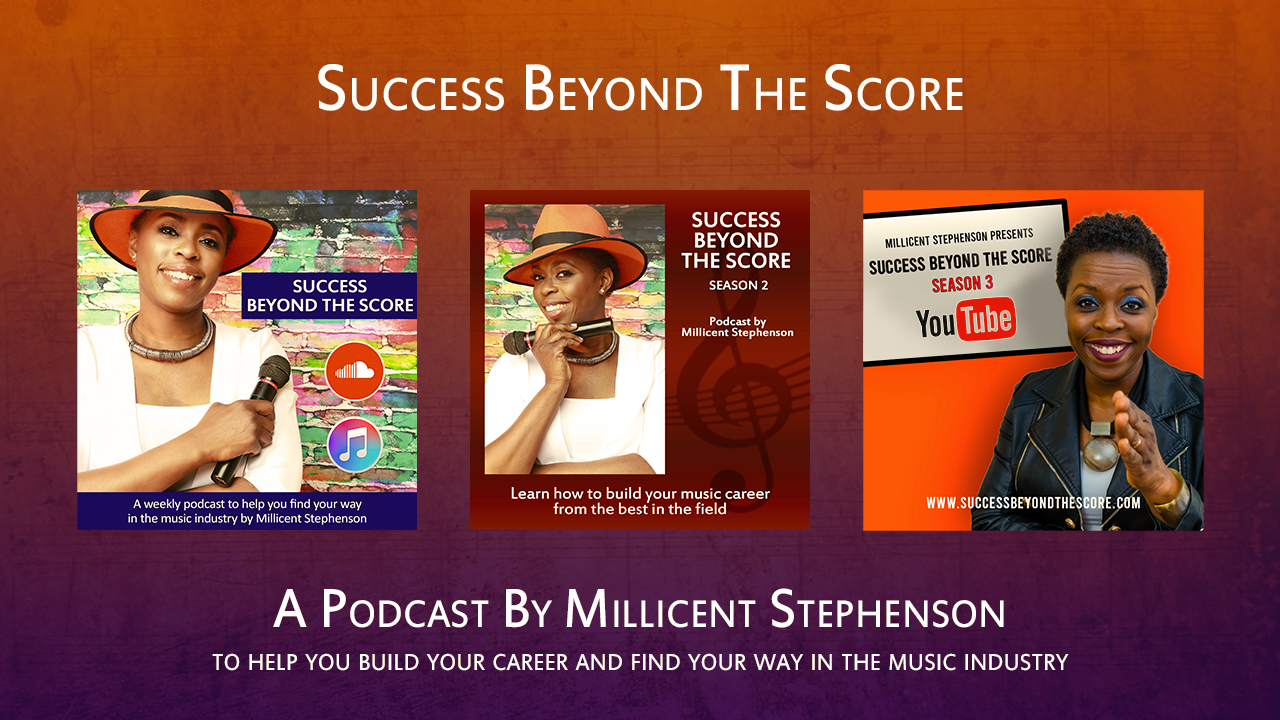
These episodes of the podcast Success Beyond the Score complete the segment about music press kits. If you want to learn more about how to make money from your music and how to promote yourself, be sure to join our mailing list to be notified of our offers on this and other topics.
Have a listen:
19. What should be your killer music track for your press kit?Sometimes, potential clients ask you for your music instead of your press kit. So, what should be your killer track, the one that gets them thinking you are the one to book? In general terms, what is the client looking for in your music?
20. How to make serious money from your musicWould you like to know how to increase your earning potential through your music? Would you like to earn the money you desire from your music? Millicent shares her experience of making a living from her music in this episode.
21. What are the top three essential things to have in your music press kit?Millicent wraps up her series on the Mus
...
Modesty aside...
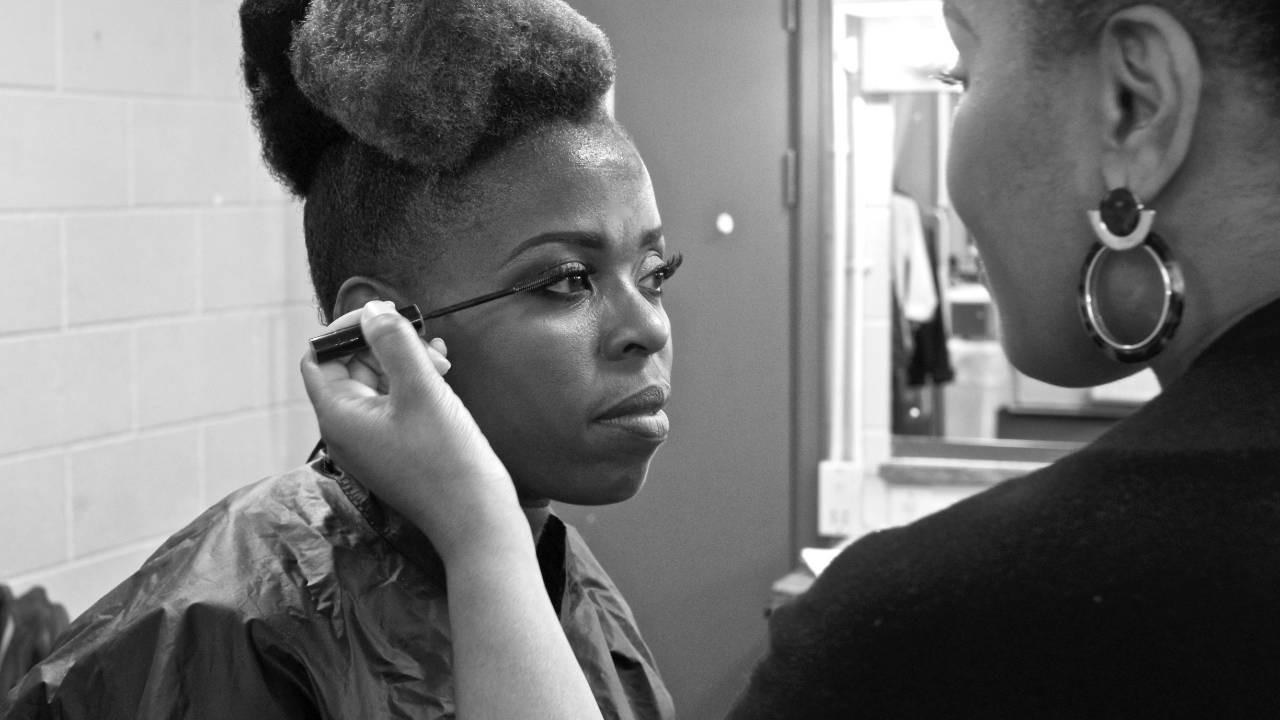
It’s always important to let people know when you have been recognised by an external organisation. Grants, awards, honourable mentions, they all help build your reputation and brand as a creative. They are proof that your talents and contributions have been valued and appreciated by peers, fans and society at large. Never downplay such achievements! Share them on social media, include them in your portfolio and press kit, tell potential clients about it. There is no point in getting shy.
In my case, I was recently featured by the F-List, which is the Directory of Female & Gender Diverse Musicians. The e-mail arrived in my inbox surprisingly, I must say. They were highlighting four women in total, from which they had three. They thought that I would fit really well with the others. I felt honoured!
View this post on Instagram
It quickly became clear during my conversation with them that, albeit I am a me...
Never skip the sound check!
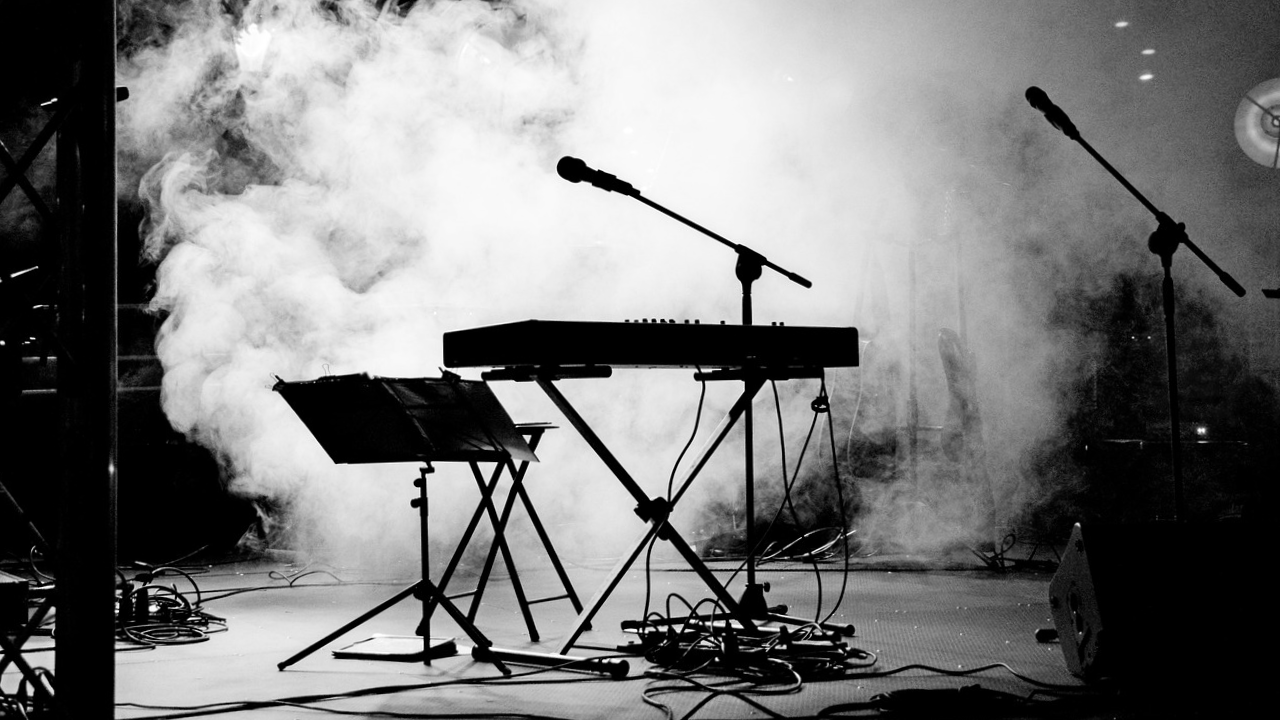
One of the things that I learned in the early stages of my music career is the importance of having a sound check.
In the early stages, I would turn in at the start time of the event with my instrument, put it together while I was in my seat, go on stage when my name was called, and play. This made it so I didn't normally get the sound experience I hoped. Fast forward to today, when I arrive 90 to 60 minutes before the starting time of the performance, depending on whether I’m bringing my own PA. I make sure that my sax mic is working, that my setup is correct and that my tracks work. Then, I walk around the stage in order to identify any zones where the signal of the radio mic may drop or stutter, or where feedback could be generated.
This is how I can guarantee a good sound and therefore a good experience for my audience. To illustrate, here is a little clip of me doing a sound check before playing Kingston Town at an event this summer:
World Menopause Day 2025: Lifestyle Medicine

Today is World’s Menopause Day, when people around the world raise awareness and share their experiences in regard to this natural stage of human life. For the occasion, this year, the International Menopause Society published the 2025 White Paper, The Role of Lifestyle Medicine in Menopausal Health: A Review of Non-Pharmacologic Interventions. There, they show strong evidence, gathered across multiple studies, that point at how healthy habits in daily life can make a real difference in the well-being of menopausal individuals.
This idea aligns neatly with Millicent's own experience as a menopausal musician. When I joined the Smarter Change 12 weeks programme with Pamela Windle, we focused in making healthy lifestyle changes tailored to the specific needs and workings of my body. That’s why I wore a blood sugar monitor for weeks, in order to learn exactly which foods favour my metabolism, and what is the best time to eat for me. We looked at how to optimise my sleep patterns within th...
Listen again to S1, E7-9 of the podcast Success Beyond The Score
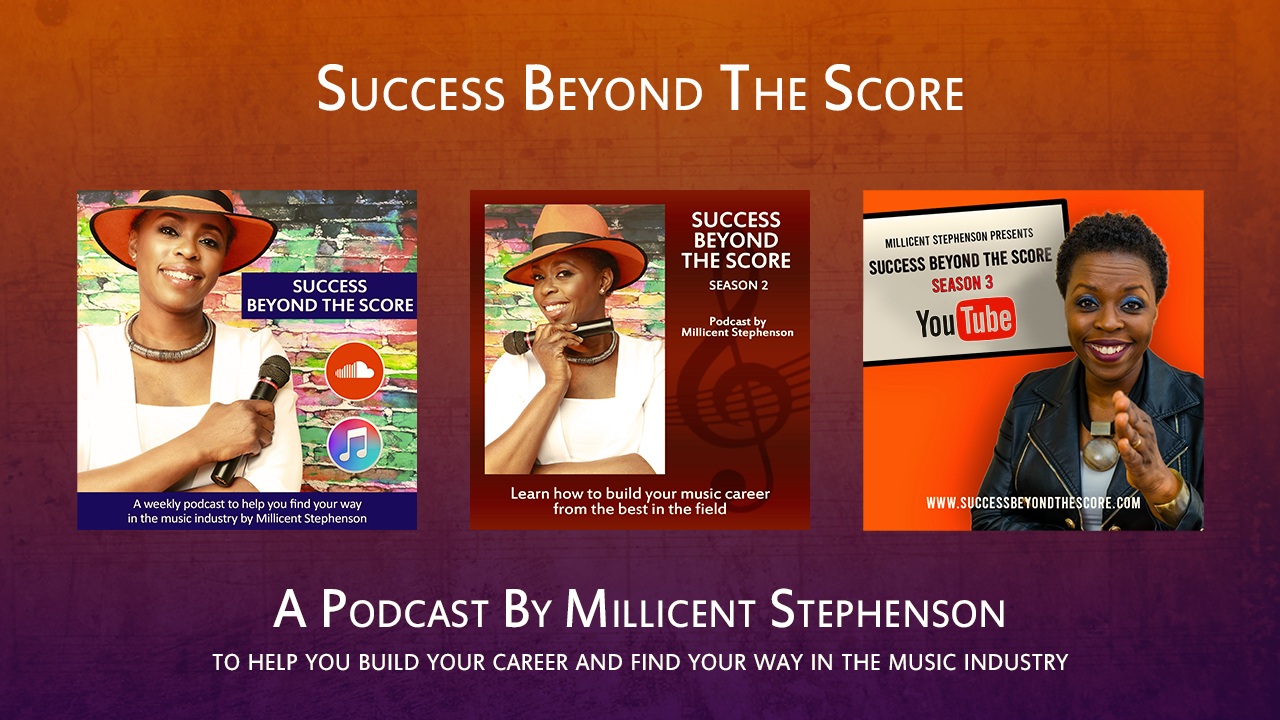
This time, we want to highlight a series within the first season covering a topic that's always relevant: music bands. How to decide between being in a band and working solo, how to manage conflict and stay creative and productive, it's all in these three episodes of Success Beyond the Score:
7. Is it time to leave the band and go solo?
Are you at a crossroad, wondering whether to leave your band and go solo? Maybe solo work isn't for you. Today a new series begins exploring the pros and cons of being in a band or working solo.
8. 10 rules for band wars.
Tearing your hair out because your band just don't get it? Too many conflicts but no clear path towards solutions? Check out these 10 tips to help you see the woods for the trees in your band.
9. Band Wars – Why the fuss gets really personal quickly
There are days when getting through the rehearsal or even the gig is hard going because of the wars between members. But why does the fuss gets really personal quickly? Wh...
A Smarter Journey: Sleep

Sleep was one of the areas of my life most affected by the changes of menopause. My quality of rest and sleep decreased drastically, affecting my health, performance and appearance. I took it to my own hands to fix it, and came up with 1o Things You Can Do If You Are Sleepless And Menopausal. It worked well, although —as it normally happens— there was room for improvement.
Said improvement came from what I learned during the Smarter Change programme with Pamela. There was some fine-tuning of things that I was already doing, and the introduction of a whole new concept:
I set up my sleep when I wake up
A lot is said about the importance of the last couple of hours before bed to ensure sleep quality. However, with Pamela, I learned that the first hour after waking up is just as crucial.
As soon as I open my eyes in the morning, I look for some light. I go to the yard or sit near the window, remove my glasses, and allow the sunlight to fall on my eyelids. Those minutes of quiet, that I...
Don't you have time for your music? Look at your calendar again

Time is always scarce. The more something matters to us, the more it feels like everything else gets in the way. Days are just too short. Or are they?
Look at your typical schedule for the week. There are some fixed things that you can't skip if you want to stay alive: sleeping and resting, eating, hygiene routines, physical activity. Block those out. There are also unskippable commitments, like work or study —with their respective commute time— house chores, and family logistics (for example, getting your kids ready for school). Finally, there are things that enrich and give meaning to your life, like the nurturing and enjoyment of your relationships, or your spiritual journey, religious or not. Once you block those out as well, you will see the time you really have for yourself, and can decide how to best use it.
At this stage, it's a matter of priorities. What do you want to achieve? What are the most important steps towards achieving it? A to-do list will be very handy, as it wil...
Create and Achieve your Vision, part 4: The When and Where
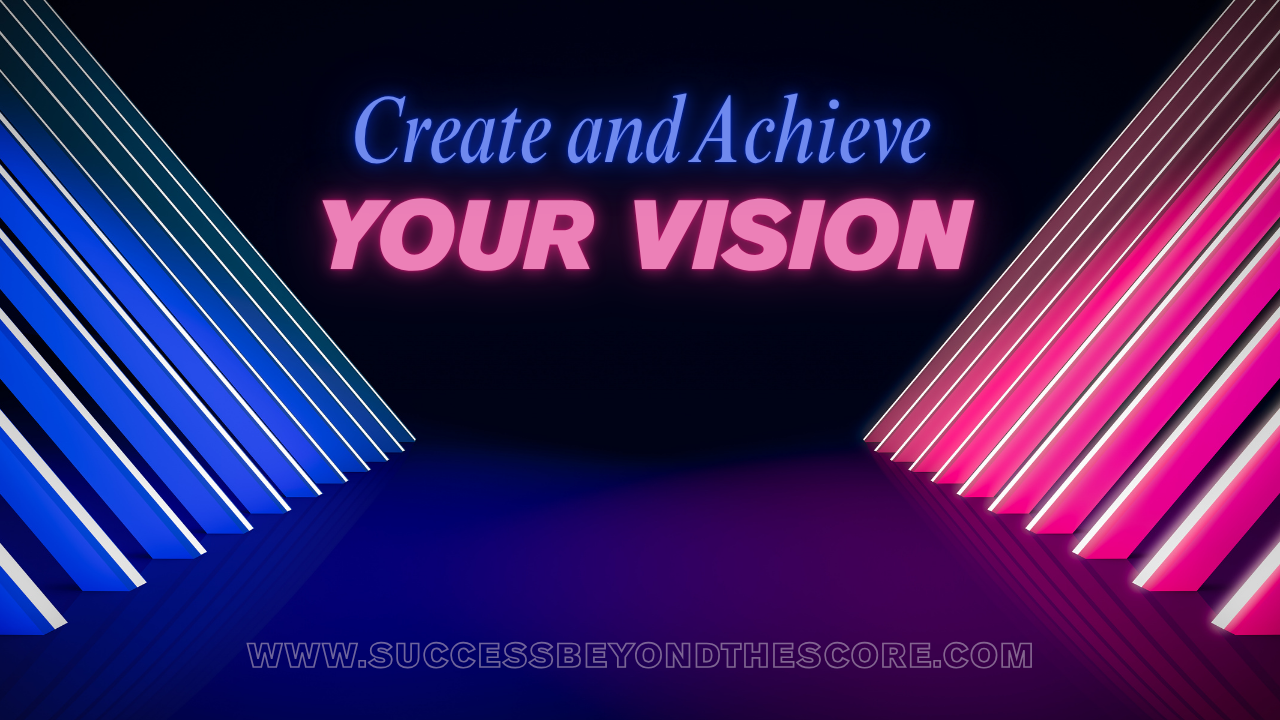
First, we defined the what, then, the why. After that, we looked at the how, and that defined almost everything for us. Now, we just need to make the time and space to execute our plan, and we will achieve our vision.
This sounds easy, and it would be in a world less congested, noisy and stressful than the one we live in. We have responsibilities with our family, friend and community. We have jobs and maintain a home. The technology that's supposed to assist us more often than not becomes an addictive distraction, bombarding us with notifications that demand our attention 24/7. It's challenging to catch a breath and have time for ourselves.
Despite all this, it's possible to make time and space for our vision by working smarter, not harder. Don't sacrifice sleep or overexert yourself, that will only lead to health issues and burnout. Instead, keep your priorities at the forefront of your mind, and use them to take decisions. You are the owner of your attention, your energy and your ...